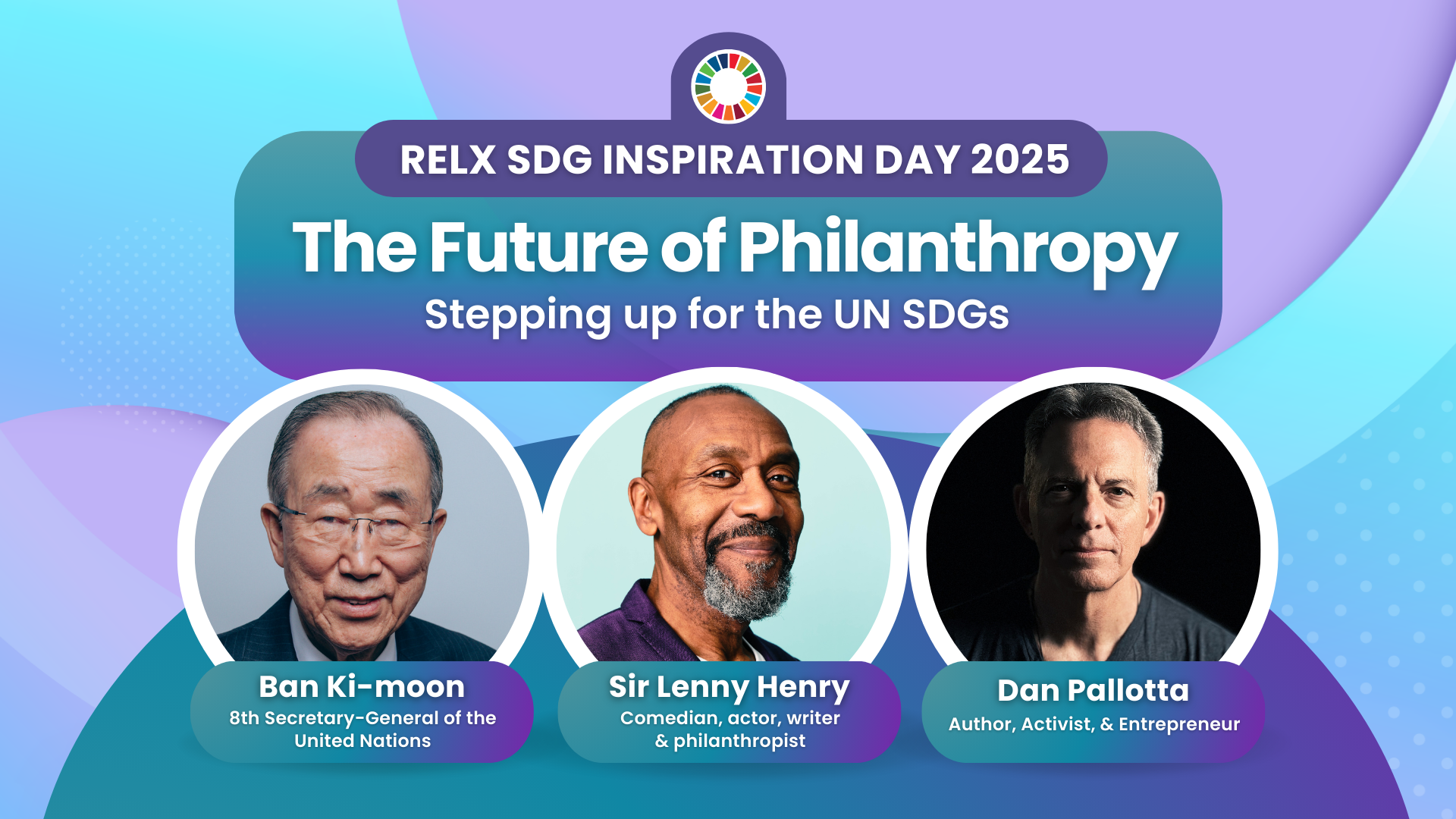Food Policy, Volume 134, July 2025
International Journal of Clinical and Health Psychology, Volume 25, 1 July 2025
Revista Colombiana de Reumatología, Volume 32, Issue 3, July–September 2025, Pages 198-208
The high prevalence of musculoskeletal diseases, particularly rheumatoid arthritis, in the Misak indigenous community—originally from Colombia— is likely influenced by cultural, socioeconomic, genetic, and environmental factors, leading to significant disability. This study highlights the importance of implementing culturally sensitive, interdisciplinary interventions for early diagnosis, better treatment adherence, and improved health outcomes tailored to the community's specific sociocultural context.
Internet and Higher Education, Volume 66, June 2025
SSM Population Health, 2025, 101826
This study identified seven distinct area-level deprivation trajectories in Northern Ireland from 2010 to 2016 and found that upward social mobility was generally linked to reduced risk of poor health outcomes, while downward mobility increased such risks compared to stable deprivation groups. Notably, a dose-response relationship emerged between lower deprivation at the endpoint and better health outcomes, though one upwardly mobile group exhibited unexpectedly high health risks, underscoring the complexity of social mobility's impact on health.
More than 800 people from over 75 countries came together virtually on 3rd June 2025 for the eleventh edition of the RELX SDG Inspiration Day: "The Future of Philanthropy: Stepping up for the SDGs" The annual online event brings together together business, academia, NGOs and government to explore pressing issues and inspire action on the United Nations Sustainable Development Goals (SDGs). Explore highlights from the day including inspiring keynotes from Ban Ki-moon, 8th Secretary General of the United Nations, Sir Lenny Henry and Sarah, Duchess of York.

